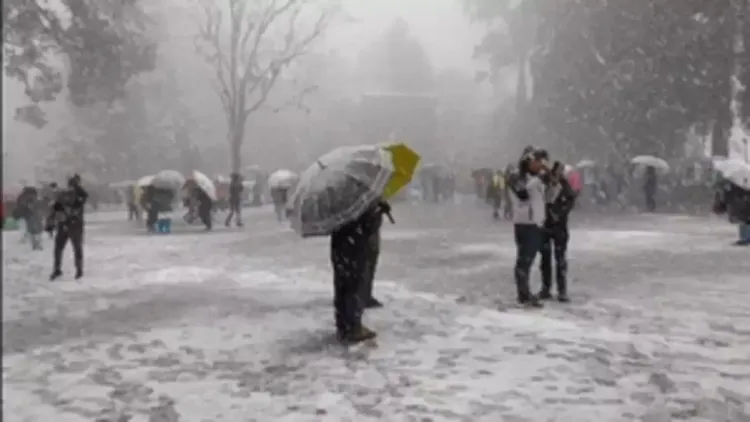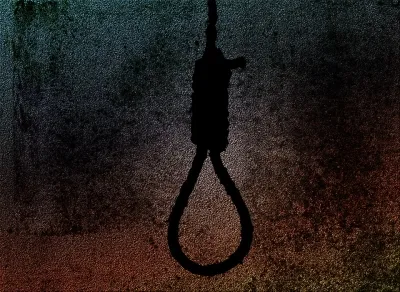Jammu & Kashmir Prepares for Heavy Rain and Snowfall Over the Next Three Days

Synopsis
Key Takeaways
- Intense rain/snow expected in Jammu and Kashmir.
- Fresh Western Disturbance likely from Feb 25 to Feb 28.
- Transportation may be disrupted due to weather conditions.
- Farmers advised to suspend agricultural activities.
- Prolonged dry spell may lead to water shortages in summer.
Srinagar, Feb 25 (NationPress) Jammu and Kashmir is preparing for intense rain/snow as the MET department released an advisory on Tuesday warning authorities about severe weather expected over the next three days.
The advisory, sent to the Divisional Commissioners of both the Kashmir and Jammu regions by the MET Department, indicated that "a new active Western Disturbance (WD) is anticipated to impact Jammu and Kashmir and nearby areas from the evening of February 25 to February 28."
"As a result of this weather pattern, widespread moderate rain/snow/thunderstorms are forecasted for most areas of Jammu and Kashmir. Light to moderate rain/snow is expected to begin in northern and central Kashmir on the evening/night of February 25, with a gradual increase in intensity and coverage across Jammu and Kashmir," the advisory stated.
The weather system could potentially disrupt both air and surface transportation.
The MET office further warned, "The middle and higher elevations of Kashmir and the hilly regions of Jammu are likely to experience moderate to heavy snowfall, while a few higher areas in southern Kashmir and the Chenab Valley may receive heavy to very heavy snowfall, particularly on February 27 and 28."
Farmers have been urged to halt agricultural operations during this time. There is also a possibility of landslides, shooting stones, and mudslides in vulnerable areas. The minimum temperature recorded was 4.9°C in Srinagar, -1.3°C in Gulmarg, and -0.3°C in Pahalgam.
In Jammu city, the minimum temperatures were 13.5°C, while Katra town recorded 12.7°C, Batote 7.5°C, Banihal 3.7°C, and Bhaderwah 4°C. Due to an 80% deficit in rainfall in J&K during January and February, all rivers are currently at their lowest discharge levels, and many springs in the Kashmir Valley have dried up. Those that remain functional are running at minimal discharge, leading to a shortage of drinking water in several areas of Kashmir.
If the higher elevations do not receive substantial snowfall before the end of winter, the prolonged dry spell poses a risk of a water scarcity in the upcoming summer for the local populace.










